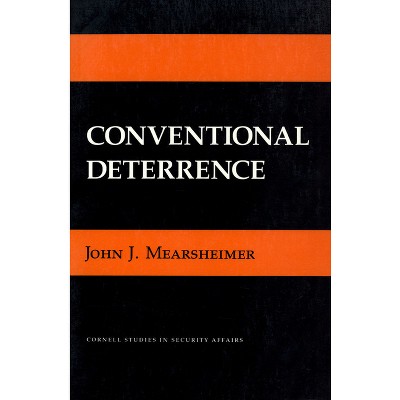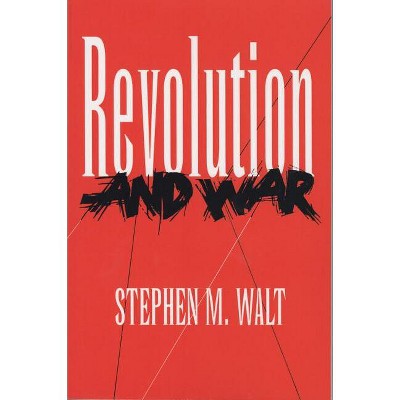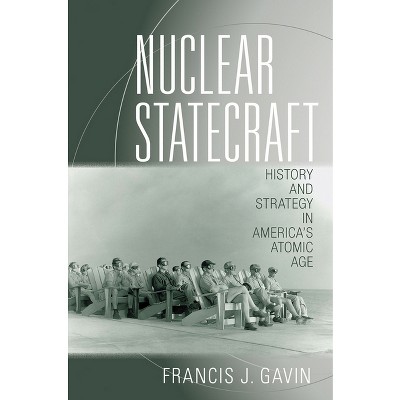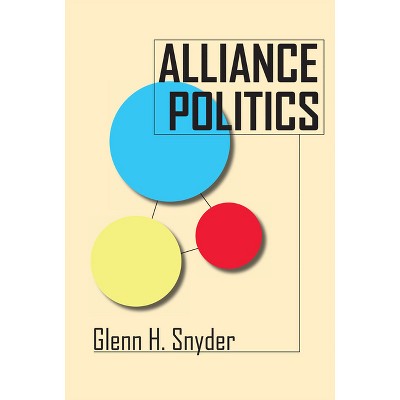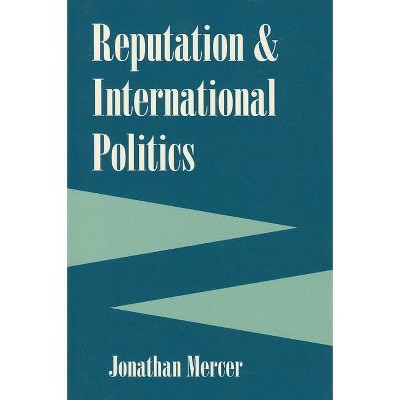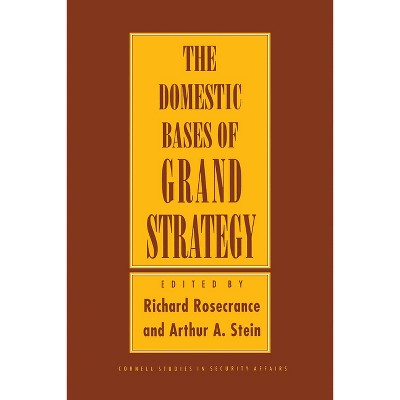Pivotal Deterrence - (Cornell Studies in Security Affairs) by Timothy W Crawford (Hardcover)

About this item
Highlights
- As the preponderant world power, the United States is a potential arbiter of war and peace between such feuding rivals as India and Pakistan, Turkey and Greece, China and Taiwan.
- About the Author: Timothy W. Crawford is Assistant Professor of Political Science at Boston College.
- 296 Pages
- Political Science, International Relations
- Series Name: Cornell Studies in Security Affairs
Description
About the Book
As the preponderant world power, the United States is a potential arbiter of war and peace between such feuding rivals as India and Pakistan, Turkey and Greece, China and Taiwan. How can it deter them from going to war and impel them to accept...
Book Synopsis
As the preponderant world power, the United States is a potential arbiter of war and peace between such feuding rivals as India and Pakistan, Turkey and Greece, China and Taiwan. How can it deter them from going to war and impel them to accept compromise without firmly choosing sides? This age-old strategic dilemma, which Timothy W. Crawford calls "pivotal deterrence," has become a central challenge of international security in today's unipolar world.Crawford explains the political dynamics of pivotal deterrence and the conditions under which it is likely to succeed, while examining some of its most impressive feats and failures. German Chancellor Otto von Bismarck's agile approach to the 1870s Eastern Crisis, which prevented war between Russia and Austria-Hungary, is contrasted with Britain's ambiguous and ill-fated maneuvers to deter Germany and France in July 1914. Shifting to the 1960s Cold War, Crawford explores the successes and setbacks in U.S. efforts to prevent NATO allies Greece and Turkey from fighting over Cyprus and to defuse the Kashmir conflict between India and Pakistan. Capping the analysis is a rich look at similar U.S. efforts in the 1990s in South Asia, the Aegean, the Balkans, and East Asia. Crawford concludes with an assessment of the prospects for American pivotal deterrence in the years ahead and its implications for international relations theory.
Review Quotes
Pivotal deterrence is, according to Crawford, a long-standing strategic dilemma, in which the challenge to deter two rivals from escalating their existing dispute to war and encourage them to accept a peaceful compromise, while avoiding commitment to either rival. Crawford's book is a superb study of this question, which, despite its prevalence and importance, has not been systematically addressed in the literature.... Crawford's contribution to the international relations theory bookshelf is invaluable. It is an exemplary study in social science.... Moreover, its concluding chapter, applying the theoretical framework to U.S. foreign policy, is extremely relevant to current policy debates.
--Carmela Lutmar "Journal of Peace Research"About the Author
Timothy W. Crawford is Assistant Professor of Political Science at Boston College. He is coeditor of Gambling on Humanitarian Intervention: Moral Hazard, Rebellion, and Civil War.

